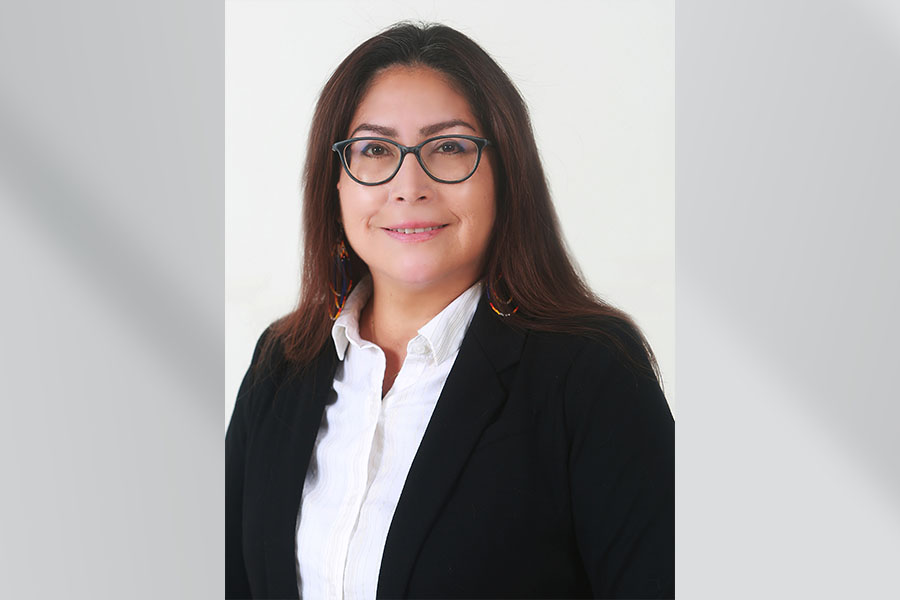On Tuesday, Nebraska Attorney General Mike Hilgers announced that Grace Johnson (Oglala Sioux Tribe) will serve as the Liaison for Missing and Murdered Indigenous Persons for the Nebraska Attorney General’s Office.

The Liasion for Missing and Murdered Indigenous Persons is supervised and led by Bureau Chief of the Criminal Bureau. The liaison will coordinate with tribal,federal, state, and local entities in reporting and investigating missing and murdered Indigenous persons.
According to a report released in May 2023, Native American individuals made up from 4.3 percent to 5.9 percent of Nebraska’s missing-person population, depending on the time interval, but only 1.5 percent of the state’s overall population.
A 2014 graduate Bellevue University, Johnson received a master’s in clinical counseling. Since then, she has extensive experience working with tribal communities.
She previously served as an advisory board member for Community Action as part of the Honoring Indigenous Families Grant. In addition, she held positions on the Great Plains Tribal Leaders Health Board and the Nebraska Indian Child Welfare Coalition Board.
In 2022, Grace Johnson served as a mental health therapist for the University of Nebraska Medical Center after previously serving as the Director of Behavior Health Department for the Omaha Tribe of Nebraska.
The Unicameral (Nebraska legislature) funded this position earlier to improve investigations and reporting for missing and murdered persons in Native communities.
More Stories Like This
Native News Weekly (August 25, 2024): D.C. BriefsHaaland Gets First Hand Look at Efforts to Address Homelessness in Albuquerque
Navajo Nation Secures $285 Million in Federal Broadband Funding to Connect Thousands of Homes
Oral History Project Announces 18th Stop in Denver, Colorado: NABS Continues Preserving Critical Stories Across Indian Countr
Next on Native Bidaské: Protecting Legacy Before It’s Forgotten with the National Native American Hall of Fame
Help us defend tribal sovereignty.
At Native News Online, our mission is rooted in telling the stories that strengthen sovereignty and uplift Indigenous voices — not just at year’s end, but every single day.
Because of your generosity last year, we were able to keep our reporters on the ground in tribal communities, at national gatherings and in the halls of Congress — covering the issues that matter most to Indian Country: sovereignty, culture, education, health and economic opportunity.
That support sustained us through a tough year in 2025. Now, as we look to the year ahead, we need your help right now to ensure warrior journalism remains strong — reporting that defends tribal sovereignty, amplifies Native truth, and holds power accountable.
 The stakes couldn't be higher. Your support keeps Native voices heard, Native stories told and Native sovereignty defended.
The stakes couldn't be higher. Your support keeps Native voices heard, Native stories told and Native sovereignty defended.
Stand with Warrior Journalism today.
Levi Rickert (Potawatomi), Editor & Publisher


